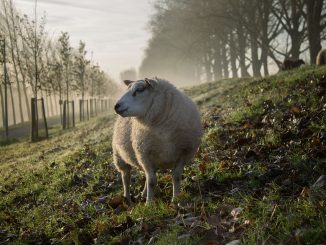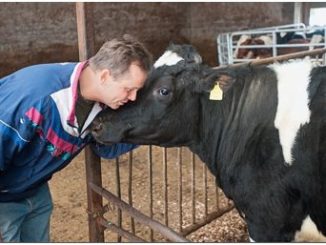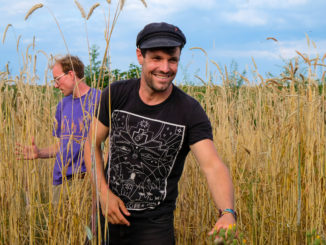Young farmer, entrepreneur, and active supporter of better food and better farming Pavlos Georgiadis was featured this week in an interview with German online show ‘Jung & Naiv: politics for the indifferent’.
He talks about the importance of family farming and the need for more young farmers, the changes needed in Greek and European agriculture to find a way out of the crisis and properly feed out future, the hope we can find in the incredible enthusiasm and turnout at this year’s ‘We Are Fed Up!’ demo, and what he’s doing next.
Watch the interview below:
More from Pavlos on ARC2020 :







What I found particularly inietestrng is the general wish to become more self-sufficient, i.e. less dependent on imports. What is the main driver behind that? Is that an economic one, preventing rural areas from desertion and keep economic activity in rural areas, or is it a food one’; is it considered more sustainable when a country within the EU is able to feed itself?I see this dilemma in some of the Eastern member states as well, where governments struggle to make a clear vision/decision on how to move forward.And if it is mainly an economic motive: do farmers have to produce mainly where Greece is best/competitive in? Or, if the driver is food oriented, does a country have to produce a wider variety of food stuffs and increase self-sufficiency for a large number of products (which can be more expensive than importing)?